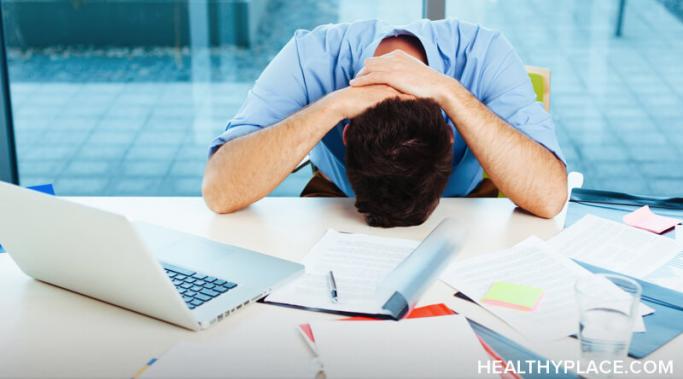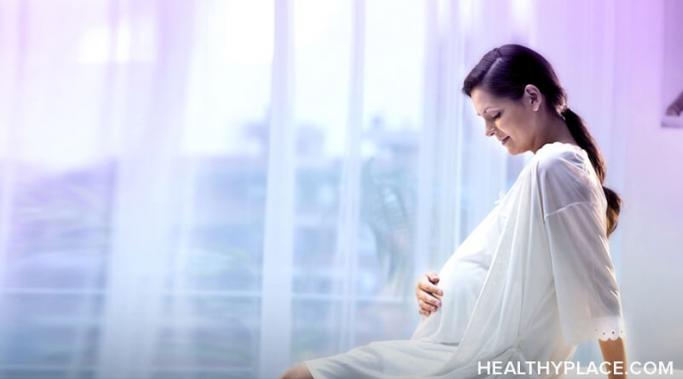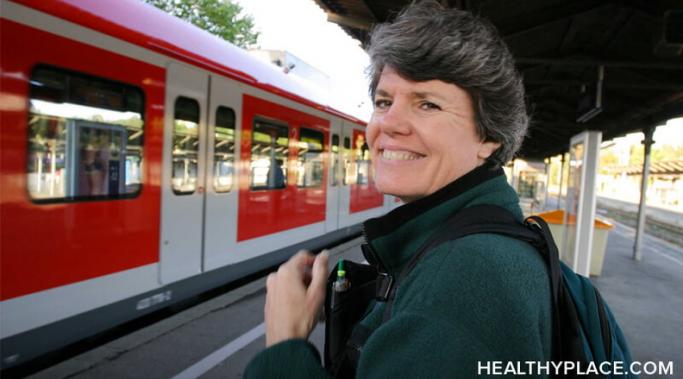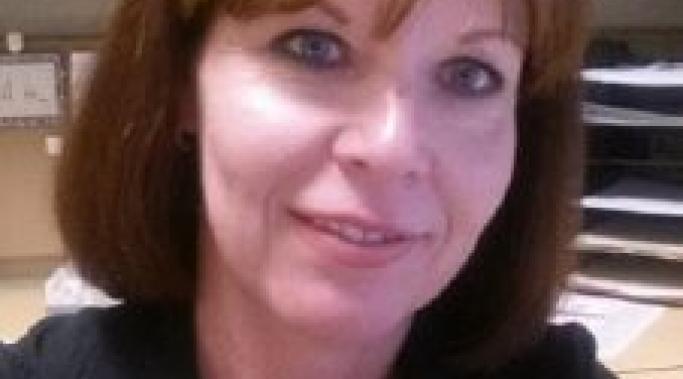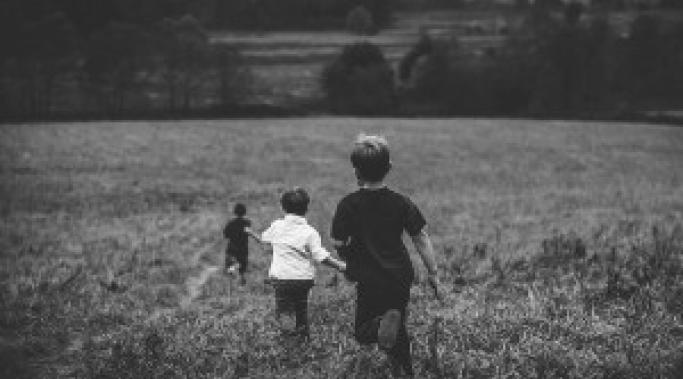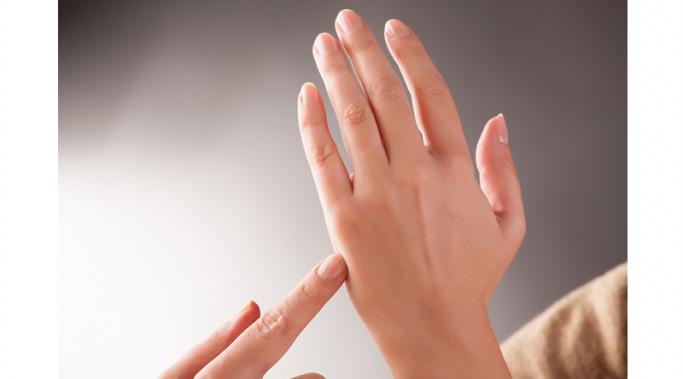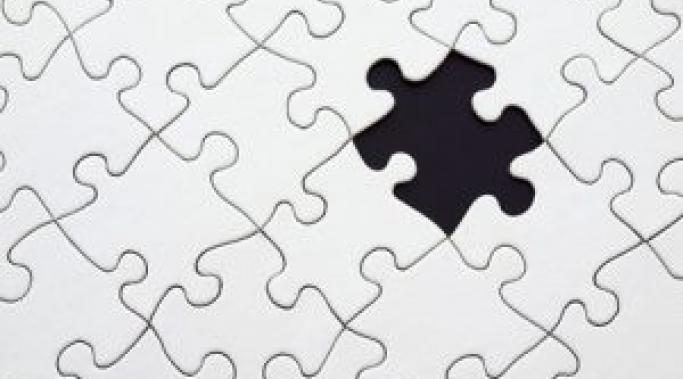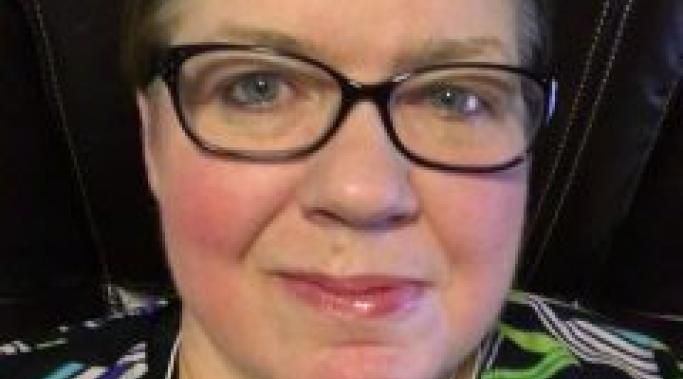If you experience posttraumatic stress disorder (PTSD), you are eligible for workplace accommodations under the Americans with Disabilities Act (ADA). While not everyone with PTSD will require accommodations, there are many options available for dealing with fatigue, stress, poor concentration, memory loss, and anxiety. Read about these workplace accommodations for employees with PTSD.
Trauma! A PTSD Blog
Living with posttraumatic stress disorder (PTSD) during pregnancy can be scary. Pregnancy can be an overwhelming experience for anyone; for women with posttraumatic stress disorder (PTSD), being pregnant can be joyful, stressful, and even frightening. Additionally, there is not much information to be found on how PTSD symptoms can impact pregnancy, leaving many women with more questions than answers (Effects of Psychiatric Medications During Pregnancy). Understanding your diagnosis and maintaining a strong support system can help counter the uncertainties that come about when you're pregnant and living with PTSD.
Travel anxiety and posttraumatic stress disorder (PTSD) magnify the tension of planning and leaving on a vacation. The traveling, the unknown venues, crowds, open spaces and other unpredictable scenarios can make many PTSD symptoms such as anxiety, depression, dissociation and fatigue more prominent. Of course, having PTSD doesn’t mean you should stay close to home. By taking some extra time to detail your travel plans, you can handle travel anxiety and PTSD.
Writing about posttraumatic stress disorder (PTSD) has been a wonderful experience for me, but the time has come for me to say goodbye to Trauma! A PTSD Blog. I believe that people, things, and opportunities come into our lives for a reason and that sometimes, once we have learned what we need to from them, it is time to move on. This blog has done that for me and I hope that along the way I have helped others who suffer from PTSD.
When a parent experiences posttraumatic stress disorder (PTSD), it is important to understand the potential impact this can have on the children, including the possibility of secondary-traumatic stress. While children can have negative reactions when a parent suffers from PTSD, they can also thrive and develop unique strengths (A Parent with PTSD Can Affect the Whole Family). Watch as my oldest son offers his unique perspective on growing up when a parent has PTSD.
Knowing when you'll need to cope with posttraumatic stress disorder (PTSD) triggers in social settings is an unpredictable aspect of posttraumatic stress disorder. Despite knowing many of the situations where encountering a PTSD trigger is likely, there is no way to anticipate or to avoid every trigger (PTSD Recovery: How to Cope With Triggers). PTSD triggers that occur in social situations call for a toolkit of coping strategies that you can use even when it isn't practical to leave the group setting.
One treatment for my posttraumatic stress disorder (PTSD) I am interested in is called emotional freedom technique (EFT). It’s a relatively new treatment – developed in the mid-90s – for various psychological issues and disorders. From what I have read about it, EFT for the treatment of PTSD symptoms seems to be gaining some momentum as a complementary and alternative medicine (CAM) practice.
Individuals with complex posttraumatic stress disorder (C-PTSD) frequently experience varying levels of dissociative amnesia and they need to learn coping skills for dissociative amnesia in C-PTSD (Complex Posttraumatic Stress Disorder vs. Simple PTSD). For myself, dissociation was my superpower when I had no other means of coping. However, decades later, certain sights, sounds, smells, stressful experiences or perceived dangers can still trigger my complex PTSD dissociation. Here are some of the coping skills I use for complex PTSD-related dissociative amnesia.
Hi, my name is Tia Hollowood, and I am pleased to be joining the HealthyPlace blogging community as a writer for Trauma! A PTSD Blog. My trauma started early on in life, but now I can say I’m in PTSD (posttraumatic stress disorder) recovery and I believe that sharing our experiences can help us all (Telling Your Trauma Story: Why You Really Should).
Many people feel a let-down when the holidays are over, but when you have posttraumatic stress disorder (PTSD) and post-holiday depression hits, it can be especially hard. Depression and PTSD often go hand-in-hand and it's something that I am continually dealing with--even during the best of times. Now that the holidays and all their activities, stresses, and excitement are over, depression with my PTSD is popping up and I am doing my best to cope with it.
